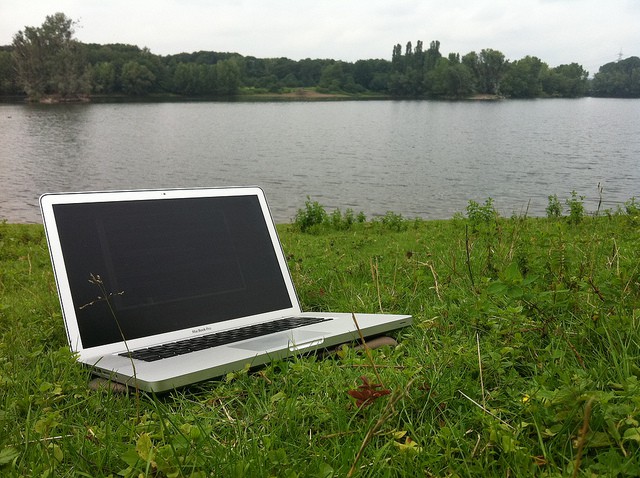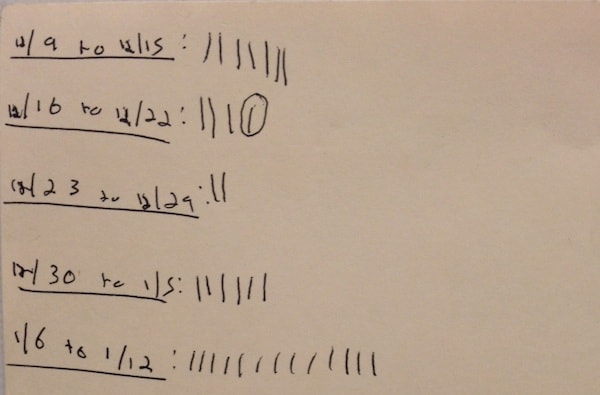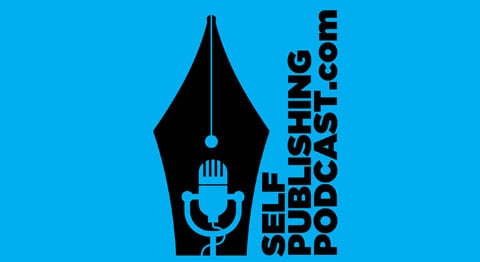
The Straight-A Method
In the early 2000’s, I was obsessed with study habits. The obsession began with my interest in performing well at Dartmouth, then eventually evolved into a (surprisingly popular) book.
Something I uncovered during this period is that high performing undergraduates, as a general rule, seem to internalize the following formula:
Work Accomplished = Time Spent x Intensity
This formula helps explain why some students can spend all night in the library and still struggle, while others never seem to crack a book but continually bust the curve. The time you spend “studying” is meaningless outside of the context of intensity. A small number of highly intense hours, for example, can potentially produce more results than a night of low-intensity highlighting.
(This is how I avoided all-nighters, for example, during my three year stretch of 4.0’s as an undergraduate.)
From Campus to Corporation
I’m mentioning this phenomenon because of the following observation:
The above formula applies to most cognitively demanding tasks.
In other words, intensity affects the productivity of a knowledge worker as much as it helps the GPA of a college student.



